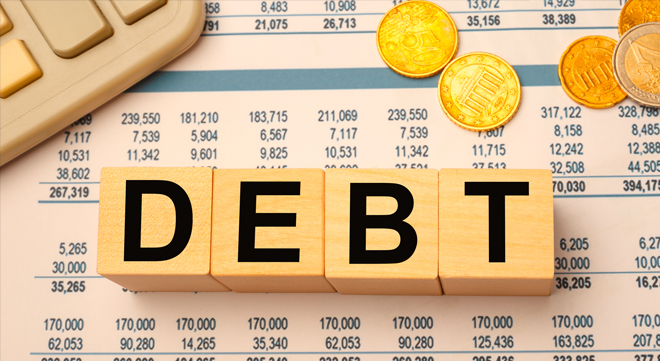Consumer credit extension is about R2 trillion. Roughly 9% of this debt is at least three months in arrears, according to TransUnion, one of the largest credit bureaus in South Africa.
In an environment of low economic growth and rising unemployment, it is inevitable that companies are finding it increasingly difficult to collect the debt owed to them. However, not all is lost.
The Income Tax Act offers relief for debt that becomes doubtful or bad. Unfortunately, there is no one-size-fits-all guideline to use when applying for the relief from the South Africa Revenue Service (Sars), says Carmen Westermeyer, partner at Maitland & Associates and a regular presenter of The Tax Faculty’s Tax Café webinars.
Different provisions
The audit firm Du Toit Van den Heever notes there are two provisions in the Income Tax Act that allow for relief for doubtful and bad debt.
Section 11(i) deals with bad debt and section 11(j) with doubtful debt. These provisions are contentious, the firm says in an article on its website. There is no guideline in the Act, nor has a clear test been established, for when a debt is considered bad or doubtful, or has, in fact, become bad.
“This is an important consideration, since it determines whether taxpayers can claim a permanent, full deduction of the amount in terms of section 11(i), or merely an allowance in respect of section 11(j), that must be included in taxable income again in the subsequent year.”
Bad debt
Westermeyer says there are two core components that must be met to claim the bad debt write-off. The first is that the amount must have been included in the company’s gross income.
She refers to a verification letter received by a company wanting to claim relief for bad debt.
In the letter, Sars asks for proof that the bad debt expense has been declared in the gross income and proof of the bad debt incurred, with the “necessary legal documentation” that would be required in recouping the debt.
Westermeyer says most businesses will not find it too difficult to show that the amount has been included in the gross income. “Sars is looking for a causal chain … what triggered the debt and where does it show in the tax return.”
Point of contention
The second component is to prove that the debt is, in fact, bad. “This is the biggest point of contention that generally pops up when it comes to bad debt write-offs. Existing case law on this particular section does not say that a debt can only be shown to be bad if you have instituted legal proceedings.”
If Sars asks for “legal documents”, it does not mean that a business can have a bad debt write-off for tax purposes only if it has consulted a lawyer. Westermeyer adds that if the company does not have legal documents, it is important to have “something ironclad” as to how it has objectively determined that the amount was irrecoverable.
The business is also not required by law to have a debt recovery agent going after the debt, to prove that it has gone bad. “Sars is looking for some indicators that you have attempted to recover your debt and that it is genuinely irrecoverable.”
Attempts to recover
Sars is likely to accept some form of credit review, communication between the business and the debtor, or minutes from board or directors’ meetings. The business is more likely to succeed if the person whose debt they want to write off is a completely unrelated third party and it would have been in their best interest if they could recover the debt.
The communication can include a record of telephone calls to follow-up on the outstanding debt, emails to the debtor relating to the outstanding debt, or minutes where the business can show that it has attempted to recover the debt, but it was impossible.
“Sars is entitled to sense check what your reasons were for considering the debt bad. In terms of the law, a debt is bad when it is irrecoverable. The business needs to show that it has given up on trying to recover the money and that it has, for all intents and purposes, waived its right to recover the amount.”
When things are not looking good, but you have not completely given up hope to recover your money, there is the option to claim the section 11(j) doubtful debt allowance.
Companies must bear in mind that an impairment for accounting purpose does not equal a bad debt.
“If you impair an asset or a loan for accounting purposes, you still have the legal right to collect the amount. You are only reflecting that your probability of recoverability is feeble,” says Westermeyer.
However, when you have given up all hope and you have reached the point where it is no longer worth the effort or the cost to recover the debt, then section 11(i) can offer relief.
Amanda Visser is a freelance journalist who specialises in tax and has written about trade law, competition law and regulatory issues.
Disclaimer: The information in this article does not constitute legal or financial advice.



